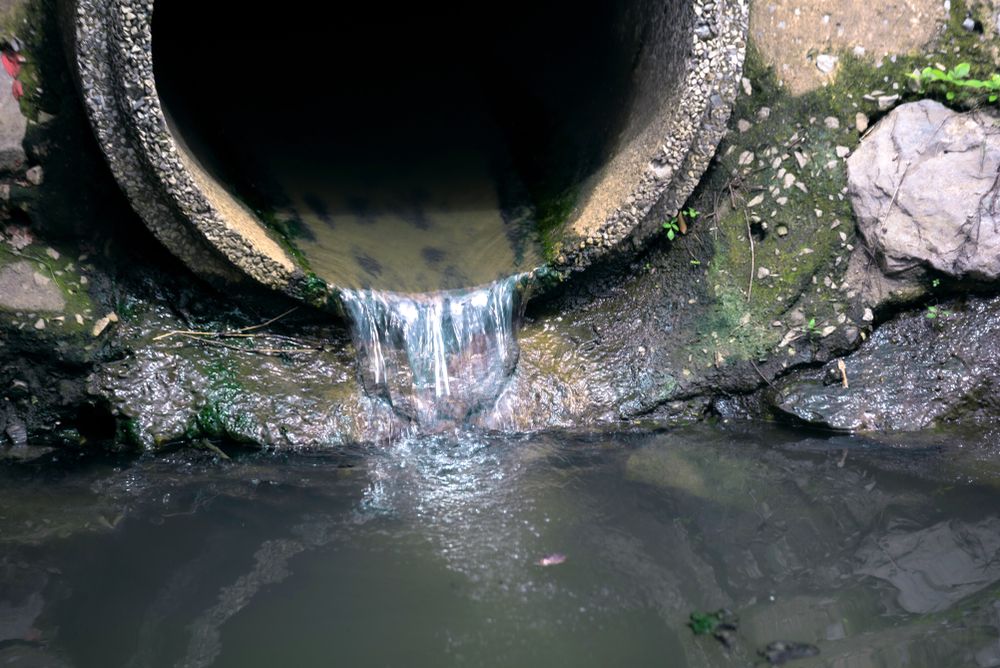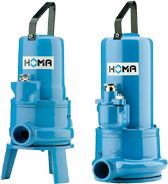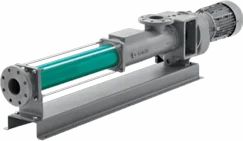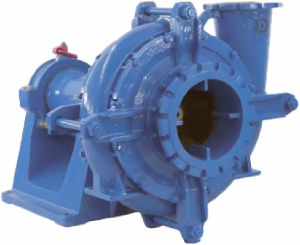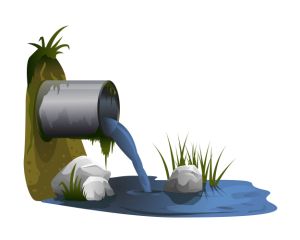Water transport
Wastewater transport is the collection, treatment and transport of domestic and industrial wastewater to treatment plants. Pumps, pipes and sewage systems are used to move and treat the wastewater.
The importance of
Efficient Wastewater Transport
Wastewater transport is an essential step in wastewater treatment, where wastewater from households and industries is collected and transported to a treatment plant for further treatment. Efficient wastewater transport is crucial to ensure the safety of the environment and public health.
Wastewater transport is usually carried out through a network of underground sewage systems and pumps that move the wastewater. This process requires regular maintenance and inspection to prevent potential problems such as blockages, leaks and flooding.
One of the biggest challenges of wastewater transport is reducing its impact on the environment. For example, disconnecting rainwater from the wastewater system prevents flooding of the system during peak rainfall and allows more rainwater to infiltrate into the soil. The use of energy-efficient pumps and pipes can also help to reduce the environmental impact.
The role of pumps in wastewater transport
The role of pumps in wastewater transport is vital. Pumps ensure that wastewater is transported from the source to the processing facility. The efficient functioning of pumps is essential for maintaining a sustainable and effective wastewater system.
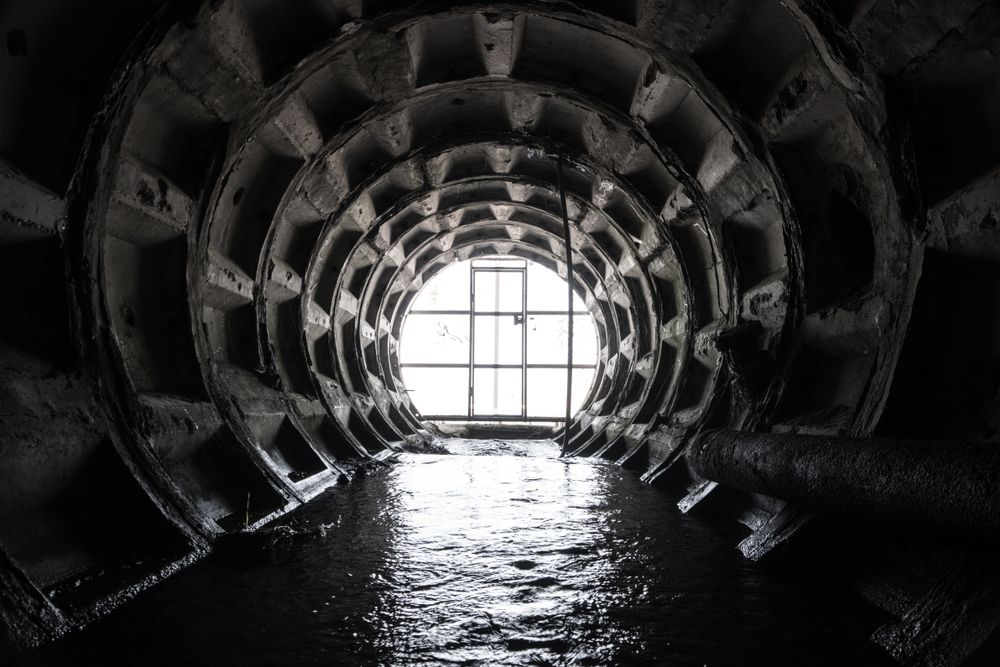
Outstanding and accessible customer support at every touch point!
Deployment is perfect and very service-oriented. Both by phone, during planned realisation and unplanned breakdowns.
Project leader RGR at waste contractor in the Netherlands.
Rating: ⭐⭐⭐⭐ 4/5
Excellent experience with IPG: professionalism, quality and proactive problem solving!
As a work planner, I experience IPG as very professional. They strive for quality, think about improvements and fix breakdowns quickly to minimize downtime.
Work Planner at a water authority.
Rating: ⭐⭐⭐⭐⭐ 5/5
A reliable partner with outstanding service and customer-oriented advice!
I experience IPG as a very good partner, a company that values service, and thinks and advises with the customers.
Technical Service Work Planner at waste management company in the Netherlands.
Rating: ⭐⭐⭐⭐⭐ 5/5
Advice and sales
The best possible solution for your application
There are many different types of pumps and just as many applications, such as a submersible, circulation or well pump. Due to this diversity of pumps, it is wise to be well informed about what type of pump is required before you purchase one or have it overhauled. The IPG team with various pump experts can always advise you on the best possible solution for your application and can also support you with the purchase and installation of the pump.
IPG has strong relationships with various pump manufacturers and can therefore give you good advice in purchasing many types and brands of pumps. For example, the Industrial Pump Group is the Dutch importer of SAER and official dealer of Lowara, Grundfos and Seepex, among others.
Submersible pumps
The ideal solution for wastewater transport and sewage systems
Submersible pumps are specially designed to be submerged in wastewater, making them the ideal solution for sewerage and wastewater transport. These pumps can be positioned horizontally or vertically and work by pumping wastewater using an impeller that rotates around an axis.
One of the biggest advantages of submersible pumps is their reliability. Because the pump is in the wastewater, it can efficiently pump the wastewater without the risk of clogging or other problems. In addition, submersible pumps are easy to maintain, as they are easy to access for repairs and replacements.
Another important advantage of submersible pumps is their efficiency. These pumps can handle large volumes of waste water and are extremely suitable for transporting waste water over long distances. In addition, submersible pumps are designed to be energy efficient, contributing to the sustainability of the sewage system and wastewater transport.
Submersible pumps are commonly used in wastewater treatment plants and sewage systems due to their reliability and efficiency. They are capable of handling waste water containing various solids and liquids and are resistant to corrosion and wear. In addition, submersible pumps are suitable for both temporary and permanent installations and can be used both submerged and above ground.
Pump advice
The Industrial Pump Group (IPG) specializes in supplying a wide range of pumps for various applications, including wastewater transport. If you are looking for a pump for wastewater transport, IPG can provide you with excellent advice in selecting the right pump for your specific application.
IPG has an extensive range of pumps that are suitable for wastewater transport, from small to large pumps. The IPG team has a wealth of pump knowledge and expertise and can help you select the right pump for your specific application. This takes into account various factors such as capacity, pressure requirements, efficiency and costs.
Need help selecting the right pump? The experts of IPG are ready for you, feel free to contact us at: (0251) 222 566 of info@industrialpumps.nl.
